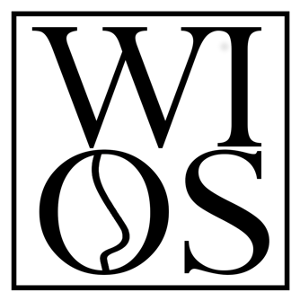Speaker
Ms
Sara Joy Hawkins
(Institute of Neurophysiology and Cellular Biophysics, University of Göttingen, Göttingen, Germany)
Description
The olfactory system of Xenopus laevis tadpole is an optimal model to study the process of neuronal regeneration. Tadpoles are known for their elevated regenerative capacity, and the olfactory system exhibits lifelong cell turnover and a remarkable ability to recover even after severe lesion. By transecting the olfactory nerve we were able to observe and describe the events that occur as a consequence of this method of lesion that targets olfactory receptor neurons. We found that cell death and stem cell proliferation in the olfactory epithelium begin in the first 48 hours following olfactory nerve transection. New olfactory receptor neurons begin to repopulate the olfactory epithelium and show responses to natural stimulants approximately 1 week after nerve transection. Re-innervation of the olfactory bulb by newly formed olfactory receptor neuron axons also begins at this time. Second order neurons in the olfactory bulb, mitral-tufted cells, were found to lose dendritic tuft complexity after nerve transection, and begin to recover complexity 1 week post-transection. The olfactory bulb decreased in volume after nerve transection, due to cell death and de-innervation, beginning to recover 3 weeks after nerve transection, at which point some glomerular responses to olfactory stimuli were observed. Our results show that the olfactory system of Xenopus laevis loses function after olfactory nerve transection, and recovers in approximately 7 weeks. The detailed time-line we have established for the different events that occur during the process of de- and re-generation after lesion shed some light on the factors that influence the successful recovery of a neuronal system, thus creating a foundation for future work in this area.
Primary author
Ms
Sara Joy Hawkins
(Institute of Neurophysiology and Cellular Biophysics, University of Göttingen, Göttingen, Germany)



